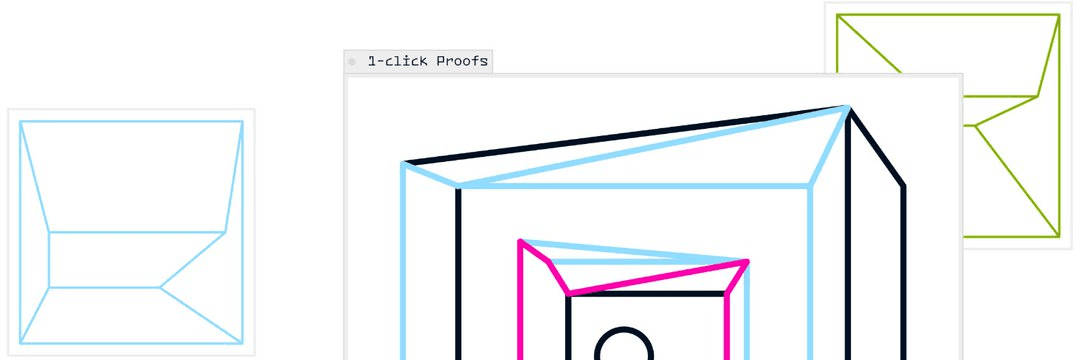In the blockchain and Web3 ecosystem, data privacy and verifiability are the core foundations of application development. Prove, with its zero-knowledge proof (ZK Proof) technology, provides efficient and secure verification services for decentralized applications, DeFi protocols, and enterprise-level systems, allowing users to complete identity verification, asset proof, and transaction confirmation while protecting privacy. The core value of the platform lies in providing scalable, reliable, and secure verification infrastructure for the ecosystem through technological innovation and token incentive mechanisms.
Technically, the Prove architecture consists of a core verification layer, a data processing layer, and an application interface layer. The core verification layer relies on zero-knowledge proof technology, allowing users to complete identity authentication or asset verification without revealing original information, thereby maximizing privacy protection; the data processing layer is responsible for managing the integrity of on-chain and off-chain data and real-time updates; the application interface layer provides SDKs, APIs, and visualization management tools, enabling developers to quickly integrate verification services into DApps, financial applications, and multi-chain ecosystems. The modular design ensures performance while facilitating expansion and maintenance.
Prove has a wide range of application scenarios. In the DeFi field, the platform can verify user credit and asset status, enabling secure, automated lending and trading operations; in NFT or cross-chain applications, Prove can provide asset authenticity and transaction validity verification; in enterprise and compliance scenarios, it can ensure data verifiability and transaction transparency while maintaining business privacy. Through zero-knowledge proof technology, Prove enhances the operability and trustworthiness of the entire ecosystem while balancing privacy and security.
In terms of the economic model, tokens play a central role in the ecosystem. They are used to pay for verification service fees, incentivize nodes to provide computing resources, and participate in network governance. Nodes earn token rewards through verification operations, ensuring network stability and service quality; developers and businesses form an economic closed loop through service fees, ensuring the platform's long-term sustainable operation. The token mechanism not only enhances community participation but also strengthens decentralized governance, maintaining healthy development of the network both technically and economically.
Security and risk control are also significant advantages of Prove. The platform reduces potential risks through decentralized nodes, smart contracts, and real-time monitoring, while regularly conducting security audits and protocol optimizations to ensure robust operation in high-concurrency, multi-chain environments. This strict security policy enhances the trust of users and developers, making Prove the preferred verification infrastructure for DeFi users and Web3 enterprises.
Overall, Prove is a high-performance decentralized verification platform centered on zero-knowledge proof.

With a modular architecture, cross-chain compatibility, and the $PRO economic model, the platform provides efficient, secure, and scalable verification services for Web3, DeFi, and enterprises. With the rapid growth of privacy protection and data verification needs, Prove is expected to become the core infrastructure in the field of decentralized verification and privacy protection.



